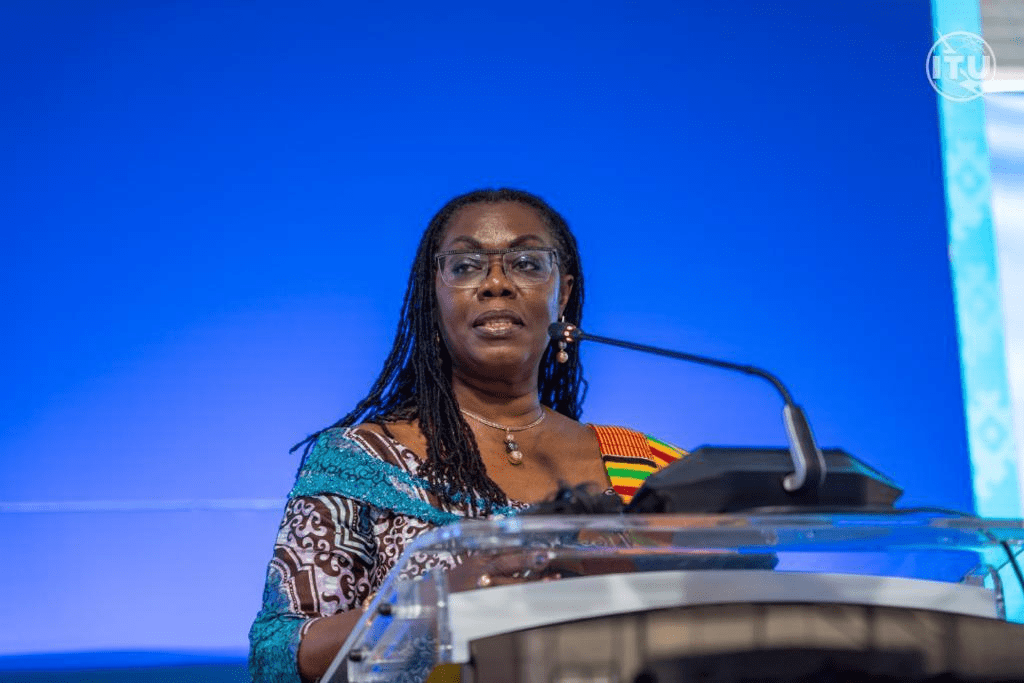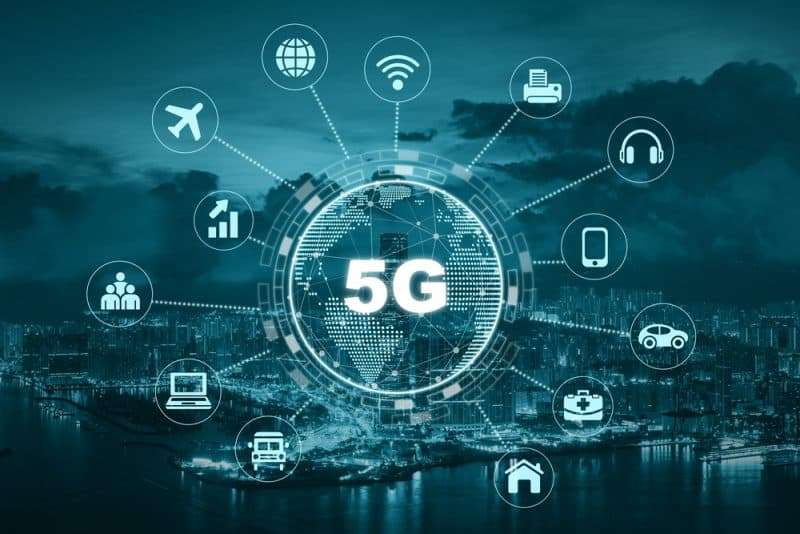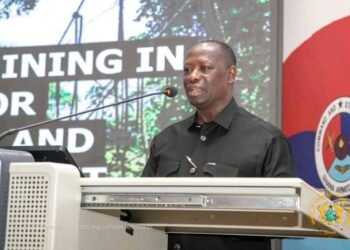The government’s decision to award a contract for the introduction of 5G technology in Ghana to Next Gen Infraco Company has sparked significant public criticisms, with allegations of favouritism and lack of transparency emerging from various quarters.
Prominent among the critics are Ace Investigative Journalist, Manasseh Azure Awuni, and the Minority Caucus in Parliament, who have voiced concerns over how the contract was awarded.
The Minority Caucus, led by its Leader and Member of Parliament for Ajumako Enyan Esiam Constituency, Dr Cassiel Ato Forson, in a statement, outlined several critical points of contention, labelling the arrangement as non-transparent and detrimental to national interests.
Among several contentious issues, the Minority Leader, Dr Cassiel Ato Forson strongly asserted that the transaction between the Government of Ghana and Next Gen Infraco Company lacked value for money and parliamentary approval.
Selorm Branttie, a Technology Policy Analyst and Vice President of IMANI Centre for Policy and Education in a detailed and incisive commentary decried perceived bias and opacity surrounding the 5G contract award, painting a picture of the government policy marred by ulterior motives.
Mr Branttie began by stating that the core justification for the government’s approach to the 5G rollout, is to create a shared infrastructure platform that levels the playing field, to ostensibly prevent any single player from dominating the market.
“I was watching my brothers Barnabas Nii Laryea and Samuel Nii Narku Dowuona on Channel 1 TV on this 5G discussion, and it’s been a very interesting yet enlightening one.
“I have not really commented a lot on matters of advocacy for a while because I have been overwhelmed with other matters, but when it comes to policies cooked and created by her Bullyship the Communication Minister, my spider-sense always gets tingled because there is always some ulterior motive behind any of her grand ‘policies”.
Selorm Branttie, a Technology Policy Analyst and Vice President of IMANI Centre for Policy and Education
Mr Branttie challenged the narrative, using an analogy that compares the telecom industry to road construction.
He explained that while companies like MTN have invested heavily in building their own networks, the new policy effectively hands control of the 5G infrastructure to a selected entity, which Mr Branttie referred to as “Godzilla,” rather than allowing companies to build and manage their own 5G networks.
This policy shift, Mr Branttie argued, unfairly disadvantages companies like MTN, which have poured substantial resources into Ghana’s digital infrastructure.
He posited that the exclusivity granted to this new entity for a decade places too much power in the hands of a few, raising concerns about potential abuse and the stifling of competition.

Financial Viability of 5G Technology
Moreover, the seasoned Technology Policy Analyst underscored the economic implications of the government’s decision to award the 5G contract to a single entity.
He asserted that the government’s decision does not adequately consider the financial viability of 5G technology in Africa, where it has yet to prove profitable.
The Vice President of IMANI Centre for Policy and Education strongly emphasized that the decision by the government to award the 5G contract to a single entity risks stifling innovation and investment from established players like MTN, which can scale up their networks efficiently and cost-effectively.
“THIS IS ANOTHER CREATE LOOT AND SHARE AND STATE CAPTURE with the hand of someone who has been allowed for too long to dictate the digital future of the nation, pretending to kill legitimate giants to create her own illegitimate giants to fight against each other while we pay for the spectacle”.
Selorm Branttie, a Technology Policy Analyst and Vice President of IMANI Centre for Policy and Education

In addition, Mr Branttie raised security concerns, referencing past initiatives by the Communications Minister that have allegedly compromised data privacy and security.
He drew parallels to the controversial SIM re-registration process and the involvement of entities like KELNIGVG, suggesting that the centralization of 5G infrastructure could lead to similar issues.
The awarding of the 5G contract in Ghana has not only generated controversy but also raised significant questions about transparency, fairness, and the long-term impact on the country’s digital landscape.
Selorm Branttie’s detailed analysis in addition to similar concerns expressed by the Minority Caucus in Parliament and Ace Investigative Journalist, Manasseh Azure Awuni underscores the need for the government, particularly the Communications Ministry, to reassess the contract award process.
Engaging relevant stakeholders and addressing the concerns raised is crucial to ensure that the rollout of 5G technology benefits all Ghanaians and promotes a competitive and secure digital environment.
READ ALSO: US, Global Allies Release Joint Statement On Gaza Ceasefire Deal




















